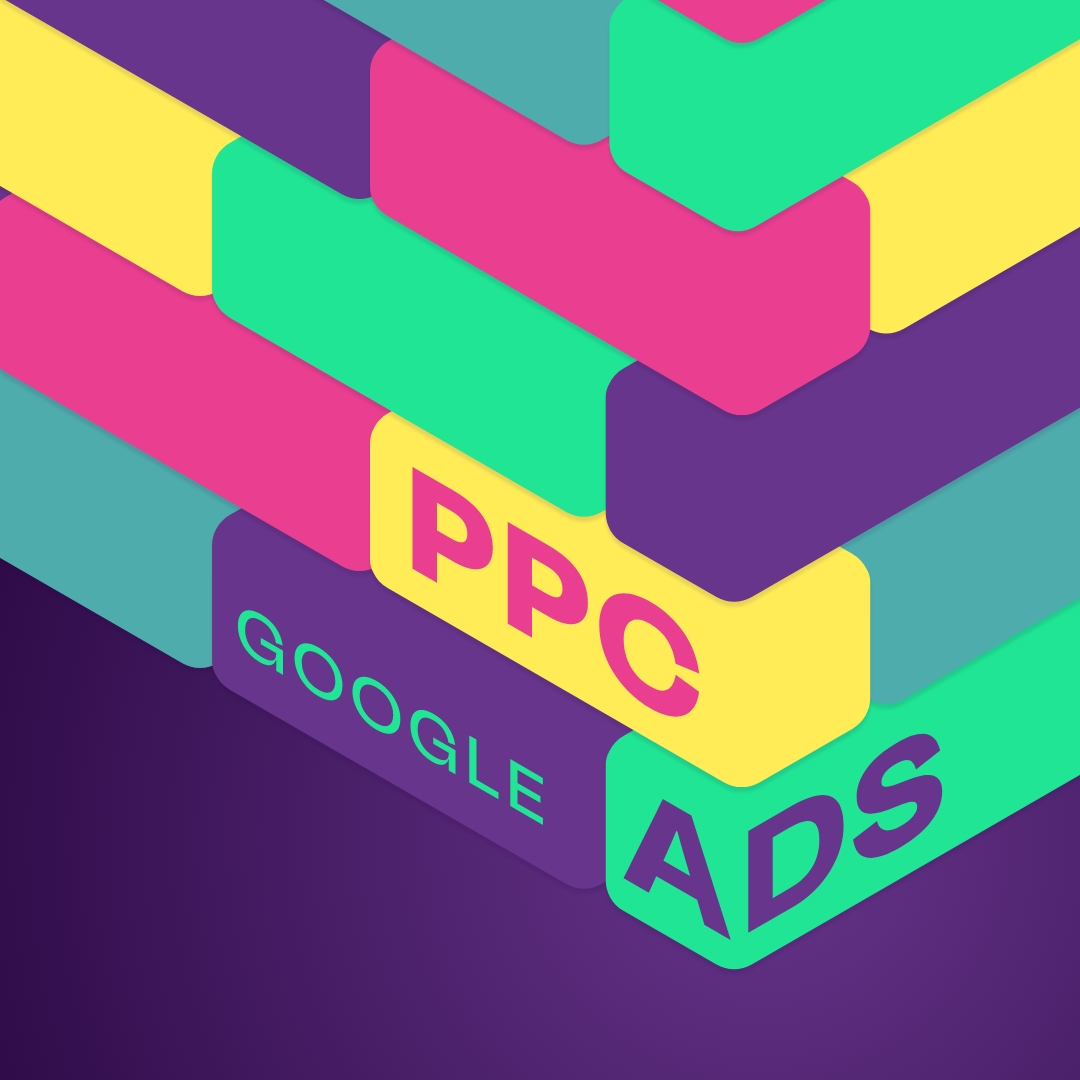As both a website design agency and a SEO agency, we constantly have to think about the individual needs of our clients and the right route to go down for their long-term marketing strategy. A lot of client businesses may come to us with a need for a new website, but we always try to delve deeper to understand what they’re trying to achieve and any ongoing digital marketing they’re going to use to drive traffic to the website. Inevitably, SEO comes up a lot of the time, as it’s still one of those marketing activities that everyone knows they need but don’t know much about (if you want to know more, check out our previous blog on 9 Simple SEO Tips).
Starting with the longer term strategy helps to ensure that we build a website that is built to suit those long term marketing requirements, such as SEO or lead generation via PPC. We’ve seen a lot of websites before that have been built in isolation and then are not fit for purpose for the digital marketing strategy of the client. So, when you’re thinking of SEO, which website design option is best: WordPress or HTML5?
We’re a website design agency that develop in both – well we actually do a lot more too, from WordPress and HTML5 sites to Shopify and custom PHP builds, depending on the requirements of our clients.
WordPress is a dominant platform on the web; 35% of websites are built on it. It’s a great open source platform with loads of brilliant themes and savvy plugins that can help you create pretty much anything you want. The downfall is being open source, it has its vulnerabilities and is known for being less secure. This is easily overcome with security plugins but nonetheless is worth being aware of. WordPress can also take longer to load and when search engines value speed as part of your website’s overall performance, this can be an issue. That’s not to say that a Worpress website can’t perform well with SEO, but statistically non-Wordpress sites perform better. Using the Yoast plugin is the best way to ensure that your website is optimised for search engines along with ensuring that your site is optimised for speed.
HTML5 offers a lot more flexibility from a web development perspective but offers less initial flexibility to the client. It’s not a content management system (CMS), so you need to know HTML to build it, but static HTML pages load much quicker, therefore making it a far more suitable option for SEO. When we look at the top spots of search engines for popular searches, typically those websites are built in HTML. HTML5 just depicts the latest version of HTML, or Hypertext Markup Language. Once your website is built, editing in HTML is relatively easy with a basic knowledge of it and there are lots of open source CMS’s out there that you can plug into your website.
Mobility also comes into play here; Google now prioritises mobile searches over desktop so your website must be optimised for mobile to perform well in SEO. Both WordPress and HTML5 tend to be responsive and therefore mobile friendly, but it’s always worth checking.
Both WordPress and HTML5 websites offer viable options for businesses. A lot of people will request WordPress because they’re familiar with it and there are a lot of good use cases for it. We prefer building in HTML5 as we know it works well for SEO and we have tried and tested layouts and designs that we know work best for lead generation. We will opt for using WordPress for clients on occasions where they need a database or do a lot of blogging. Some people may choose to opt for a hybrid; running a HTML5 website with their blog hosted on WordPress. Ultimately, we personally think HTML5 websites have the slight edge over WordPress when it comes to SEO, but both are great options for website design depending on your requirements.
If you want to know more about how WordPress and HTML5 websites compare, don’t hesitate to contact us. We can also provide guidance and advice on your website and SEO strategy and would love the chance to speak to you. Get in touch today.


